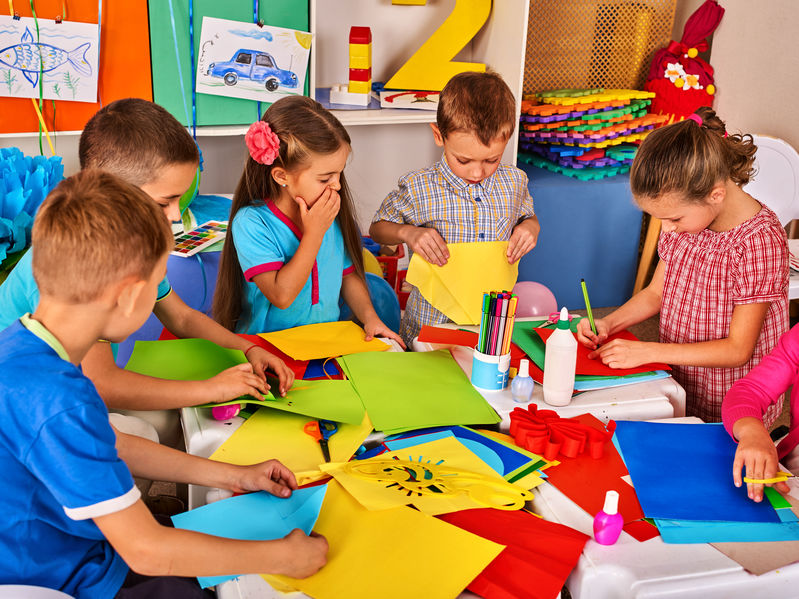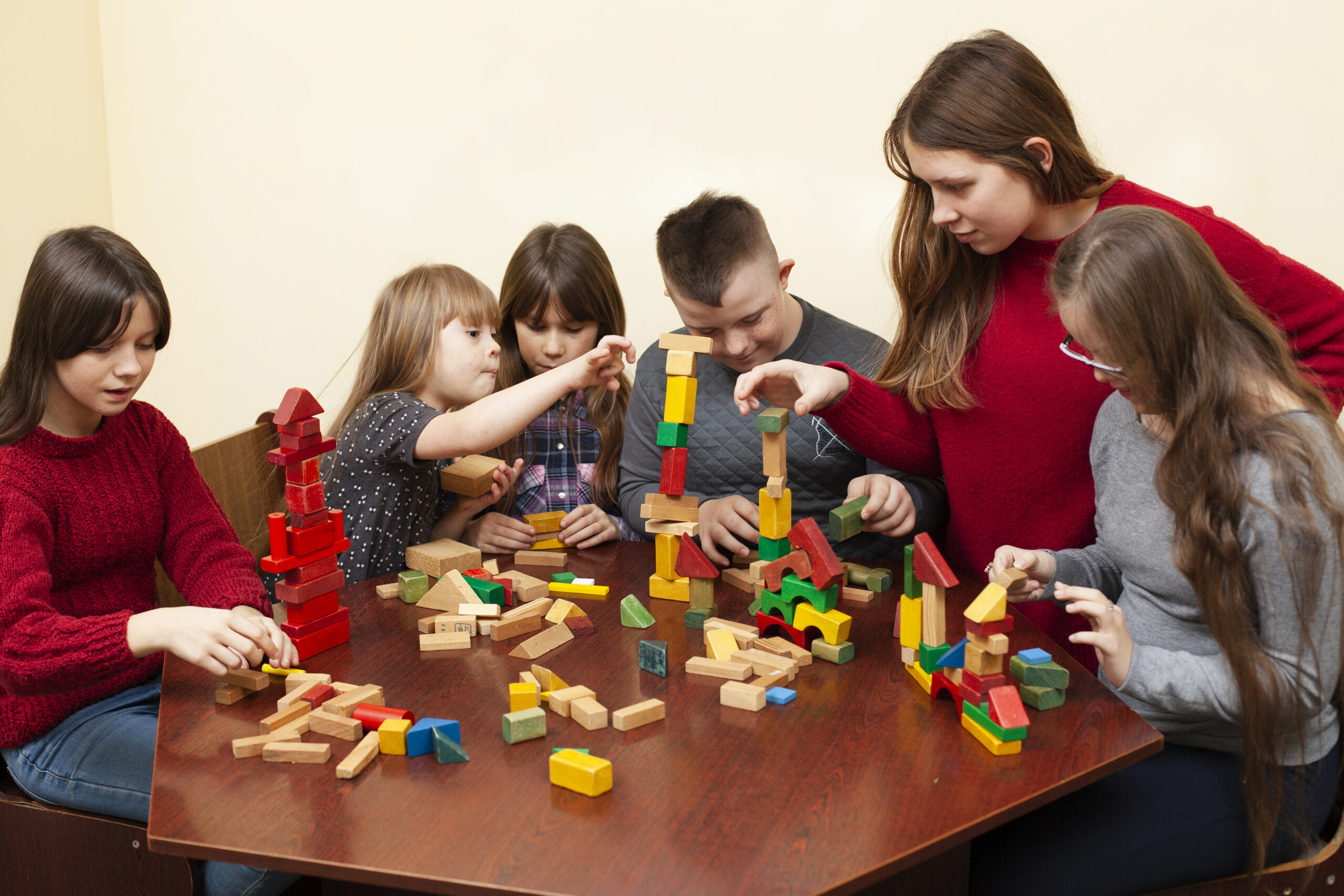There are many children out there who lack social skills, but this does not mean they will be this way for the rest of their lives. Autistic children can benefit greatly from therapy, particularly applied behaviour analysis (ABA) therapy, which is widely regarded as the best autism treatment. Speech therapy may be recommended if a child’s social skills are further limited by communication issues, such as speech issues. Autistic children’s social skills can often improve significantly as a result of therapy and parental involvement at home. Here is the list of some ways to improve your child’s social skills:
Reinforce Positive Behaviour
Positive reinforcement has been used to encourage good behaviours for a long time now. This is especially beneficial for autistic children. Autistic children frequently do not understand what is expected of them or why. Parents and teachers can help shape behaviour and cultivate desired social skills by providing praise and reinforcement for prosocial behaviours.
To reinforce positive behaviours and social skills, use the following strategies:
- Locate an effective reinforcer. It could be something edible, something visual, something tangible, something verbal, something to do, or social attention.
- Change up the reinforcers. This can keep things interesting and the child engaged for a longer period.
- Replace reinforcers as needed. If one reinforcement technique or reinforcer isn’t working as well as it used to, try a different one.
- Please be patient. Positive behaviour shifts do not happen overnight. They necessitate time, effort, and repetition.
Focus on the child’s strengths to improve social skills even further.
Model & Practice Desired Behaviours
All children learn behaviours by observing others. They frequently observe behaviour and imitate it. Parents can teach their children how to behave in social situations by modelling it for them. Parents of autistic children will usually need to go a step further. Autistic children frequently do not understand what they are witnessing, so they require assistance in interpreting the behaviour. They can learn these skills more effectively if their parents break down social interaction and explain it to them. Roleplaying can be an excellent way for autistic children to practice their social skills and interactions. Parents can create a situation and then walk the child through it ahead of time to help them understand what to expect and how to socialize appropriately.
Provide Structured Social Interactions
Structure and stability are important to autistic children. Change can be challenging so routines are essential. Working within an expected structure can make it easier to teach new skills and improve social skills. Before children need to carry these skills into a larger setting, such as a classroom, parents can set up small, structured social interactions to work on social skills. Lay out the expectations clear up front during these structured interactions so that everyone understands what behaviours are expected of them. Skills can be taught at home ahead of time and then transferred to small group settings with one or two peers at first.
Early interactions with high levels of structure can encourage an autistic child to be more flexible. They learn how to interact and evolve within the parameters that have been established, and they become more confident in their actions. This gradually allows them to be more adaptable in less structured situations.
Set the Environment
Structure and routine are essential for autistic children. They are frequently affected by sensory issues, such as sensitivity to loud noises or bright lights. Keep both of these points in mind when working with your child on social interactions. Keep outside distractions to a minimum when teaching. Choose times when your child is most relaxed and willing to cooperate.
To encourage learning, keep the lights dimmed and loud noises to a minimum. When trying to teach something new to your child, make sure he or she is not hungry or tired. It is most effective when social communication is provided in a relaxed environment. Concentrate solely on teaching specific social skills. When an autistic child is focused on something else, it can be difficult for them to absorb a social lesson.
“Adapting our own perception rather than leading and building bridges are all keys to helping the child with autism learn social skills”



